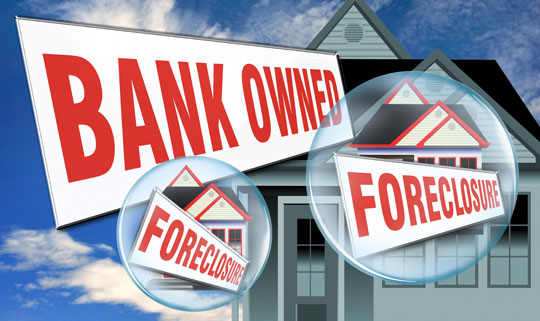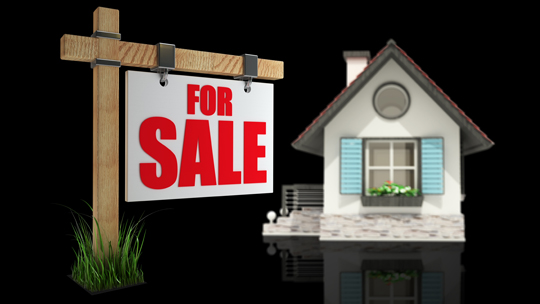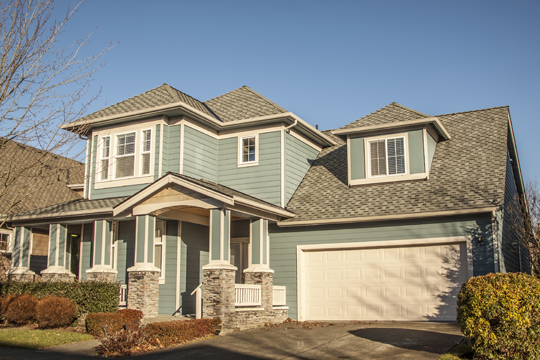Buying a house is one of the most important things you will ever do. You’re investing in your future and securing a safe place for you, your family, and your life to flourish. Although it can be very expensive, it’s worth it.
One way to lessen the financial expenses of buying a home is to buy a foreclosed home. The process of buying a foreclosed home might be simpler than you think, and you’ll always get more bang for your buck.
The Process Of Buying A Foreclosed Home:
1. Just like when you buy a regular home, you want to find a knowledgeable real estate agent. When you buy from the listing agent, you’re just buying from the bank. They don’t necessarily look at the home and ensure that it’s free of issues that you need to consider. You may even be able to find an agent with special training or certification in buying and selling foreclosed homes, although that isn’t completely necessary.
2. Inspect the house, preferably with an expert, to help you find anything you may need to fix. The process of foreclosing a home is lengthy, and throughout that process, the owner does not remain in the home. This means the house probably isn’t going to be maintained. As with any other home, you want to make sure you’re prepared for what this house has to offer you. Don’t sign a contract until you know what you will or will not need to fix.
3. When you want to pay for the home, make sure you check your credit first. Don’t do anything different with your credit at this point; don’t open new cards and don’t cancel old ones. Consult your real estate agent to make sure your credit score is sufficient. If not, follow their advice to improve it.
Local Professionals Are Available To Work With You
Having the aid of a certified real estate agent will really help you in the long run. Buying a foreclosed home usually saves you about 15% of your money. TalkLocal can help connect you with the professionals in your area who can help you find the foreclosed home you’re looking for and start investing in your future.








